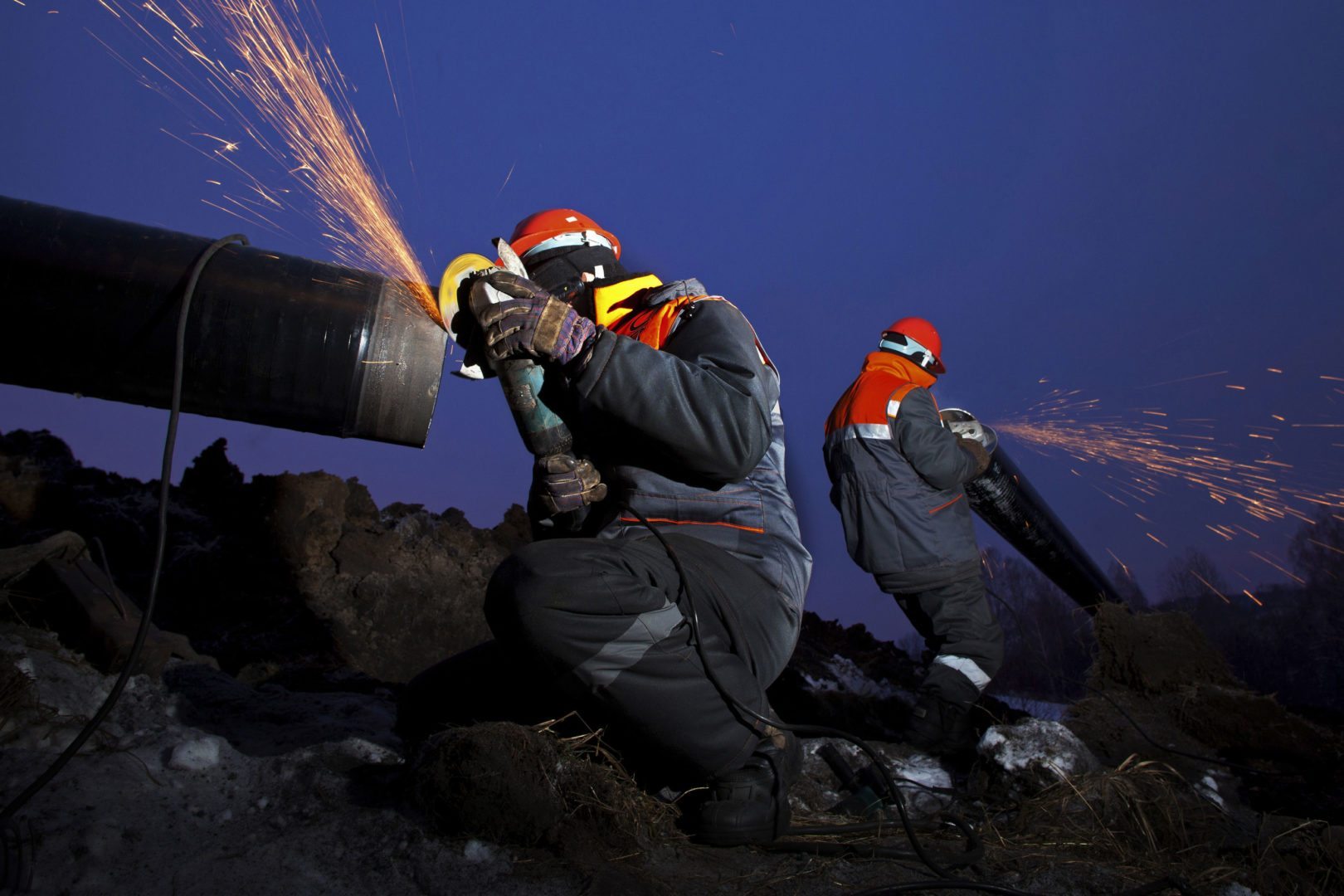

The planned pipeline from the oilfields of Kirkuk to Iraq’s Turkish border will be completed before the end of 2018, according to Iraqi Oil Minister Jabar al-Luaibi.
Speaking at a conference in London on 29 January he confirmed that the oil ministry had received expressions of interest in the project from international engineering companies.
He also said that the pipeline would have a capacity of 1.2 million barrels a day (b/d) and “technical analysis” for the project had started.
The planned pipeline will start from Baiji city, near Kirkuk’s oil fields, and extend to the Fish-Khabur border area with Turkey.
The announced timeframe for the project was greeted with scepticism by analysts who said that it will be difficult for the country to complete the project before the end of the year.
“Although the distances are not huge, as the pipeline only needs to go from Kirkuk to the Turkish border, the security situation along much of the route remains a concern,” said Energy Aspects analyst Richard Mallinson.
“Baghdad has a poor track record with the timelines for infrastructure projects, due to a host of issues including financial shortfalls and bureaucratic delays, which I would expect to impact this pipeline project as well.”
In November last year Iraq’s Oil Ministry announced its intention to build the pipeline, saying it would replace an old and severely damaged section of pipeline.
The construction of the pipeline is intended to allow Baghdad to export large volumes of oil from Kirkuk oil fields through Turkey without having to use the existing pipeline that goes through territory controlled by the Kurdistan Regional Government (KRG).
On 24 December the ministry followed up by giving contractors until 24 January to submit letters expressing interest in building the new pipeline.
Federal Iraq used its military to seize control of Kirkuk and its oil fields from the KRG in October last year.
The military clashes between the Kurdish armed forces and the Iraqi military, as well as the Kurdish independence referendum that preceded them, have severely damaged relations between Erbil and Baghdad.
There have been no exports from Kirkuk’s biggest oil fields since the clashes as Baghdad does not have access to the pipeline that goes through KRG territory.
Some oil is currently being used in domestic oil refineries and a small quantity is being transported by truck to the south to be exported.
You might also like...

Algeria signs oil deal with Swedish company
19 April 2024

Masdar and Etihad plan pumped hydro project
19 April 2024

Ewec signs Ajban solar PV contract
19 April 2024
A MEED Subscription...
Subscribe or upgrade your current MEED.com package to support your strategic planning with the MENA region’s best source of business information. Proceed to our online shop below to find out more about the features in each package.





